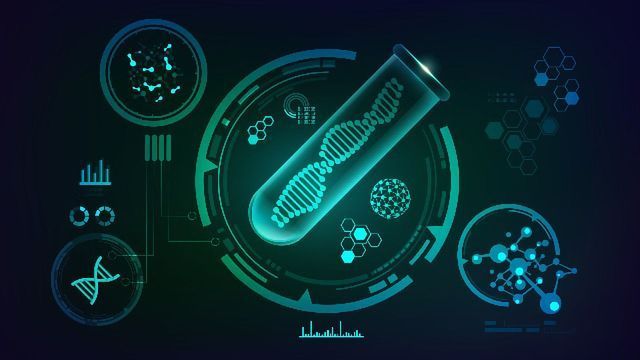The Future Of Science: Unravelling The Wonders Of Synthetic Biology
 |
| Synthetic Biology |
In the scientific field of "Synthetic Biology," organisms are engineered to have new capabilities in order to undergo redesigning for practical uses. For the purpose of trying to address issues in agriculture, industry, and health, synthetic biology researchers and businesses all around the world are using the power of nature. Synthetic biology initiatives frequently aim to redesign organisms so that they can create a material, such as a drug or fuel, or acquire a new capability, such as the capacity to sense something in the environment. Examples of what researchers are creating using synthetic biology include:
Bioremediation
uses microorganisms to remove toxins from our water, soil, and air. Beta-carotene,
a mineral often connected with carrots, is produced by rice that has been
altered in order to prevent vitamin A insufficiency. A lack of vitamin A
significantly raises a child's chance of dying from infectious infections and
causes blindness in 250,000–500,000 youngster’s annually. Yeast created to
generate rose oil as a sustainable and environmentally friendly alternative to
the genuine roses that perfumers use to create luxurious smells.
Synthetic
Biology encompasses a
broad redefinition and expansion of biotechnology with the ultimate goal of
being able to design and construct engineered live biological systems that
process information, manipulate chemicals, fabricate materials and structures,
produce energy, provide food, and maintain and enhance human health, as well as
advance fundamental knowledge of biological systems (see Biomedical
engineering) and our environment.
As Synthetic
Biology and
traditional biology knowledge expands, synthetic biology has promising
applications in living Theranostic systems. Diagnosing and treating diseases
internally with a living system would be a major breakthrough in medicine.
Developing pluripotent stem cells for medical therapy is a second promising
application in the future of synthetic biology. Manufacturing already makes use
of synthetic biology. In the perfume business, for instance, it has been
utilised to make synthetic perfumes in place of rare plants.
Concern over petroleum-based
plastics is raising the desire for renewable and biodegradable alternatives.
Chemical production and the production of other hard-to-find materials are made
simpler by Synthetic Biology in a
variety of ways. Over the next ten years, additional biomaterials will likely
be created using synthetic biology systems. Future developments in synthetic
biology applications for industry and medicine will significantly impact
society. Additionally, it's possible that these items will get cheaper and
simpler to make as biotechnology advances. A future where most things are
connected to living systems can appear futuristic.



Comments
Post a Comment